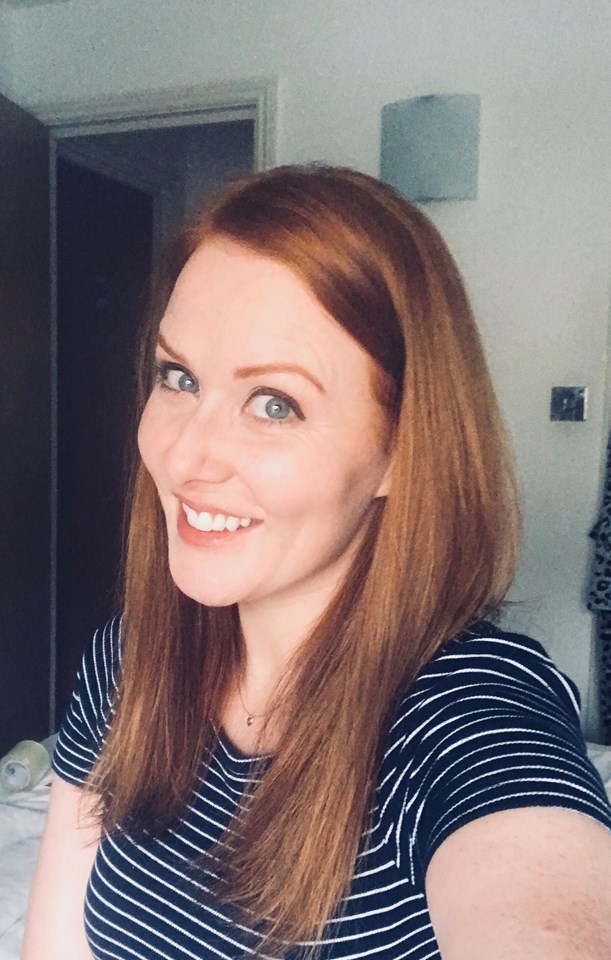Estimates suggest that the HPV vaccine programme will lead to the prevention of over 64,000 cervical cancers and nearly 50,000 non-cervical cancers by 2058.
From September this year, boys in school year 8 will be offered the free Human Papilloma Virus (HPV) vaccine for the first time.
Worldwide, about 5% of all cancers are linked to the HPV virus. This includes cervical, penile, anal and genital cancers and some cancers of the head and neck – all of which the vaccine helps to protect against. Cervical cancer is currently the most common cancer in women under 35, killing around 850 women each year. HPV is thought to be responsible for more than 90% of cervical cancers, as well as 90% of anal, about 70% of vaginal and vulvar cancers and more than 60% of penile cancers.
Modelling produced by the University of Warwick estimates that by 2058 the HPV vaccine currently being used may have prevented up to 64,138 HPV-related cervical cancers and 49,649 other HPV-related cancers. This would be 50 years after the introduction of the HPV vaccination programme, when people who were vaccinated as teenagers have reached the age groups that they would typically be affected by HPV related cancers.
Dr Jonathan Roberts, Consultant for Public Health England South West said:
“We are so pleased to announce the roll out of the HPV vaccine to boys, making it universal at ages 12-13 will mean that HPV-related diseases could be a thing of the past.
“By vaccinating boys, we not only protect them but also prevent more cases of HPV related cancers in girls.
“This is a life saving vaccine and I would encourage all eligible boys and girls to take up the NHS offer of the free vaccine.”
Adam Finn, a paediatric doctor from University Hospital Bristol, said
“I’m very pleased that boys will soon be offered the HPV vaccine as well as girls.
“This change will help make this vaccine programme stronger and more effective, preventing many thousands of cases of cancer over the coming years and helping to eliminate genital warts as well.
“I strongly recommend that all the young people being offered this vaccine accept it with enthusiasm and I wholeheartedly advise their parents to encourage them to do so too.
“This in a investment in a healthy future for tomorrow’s parents and a rare example of something so simple and quick having the potential to make such a big difference to people’s lives.”
Anna Hill from Bristol, who caught HPV at a young age, describes what having the virus meant for her:
“I found out I had a positive borderline test for HPV after a smear when I was 16. This meant that every 6 months after, up until the age of 25, I had to have a further smear and cells removed to reduce the chance of cancer progressing.
“My last smear test came back normal and I have now returned to having three yearly smears. I think it is so important for women and boys to take up the HPV vaccine.
“I was unlucky to have caught the HPV virus at an early age but it is nothing to do with how many sexual partners you have as it only takes one person to become infected. I think it is great that men are now also being offered the HPV vaccine, to protect them and the women around them.”

Robert Music, Chief Executive of Jo’s Cervical Cancer Trust, said:
“The extension of the HPV vaccine to boys is a huge leap forward, not only for cervical cancer prevention but many other cancers caused by HPV too. HPV does not discriminate – it can affect everyone, yet there are still many harmful myths and stigmas surrounding it. This is why a universal vaccination programme is so important, as not only will it normalise this very common virus and reduce existing inequalities, it will protect many more people from developing cancer and save lives.
“We can already see the vaccine’s benefits among girls, and we look forward to seeing these fantastic results continue to grow. However, this will only happen if we ensure that the uptake remains as high as it is.”
Girls have been offered the human papilloma virus (HPV) vaccine free from the NHS since 2008. So far, ten million doses of HPV vaccine have been given to young women in this country meaning over 80% of women aged 15-24 have received the vaccine. Since the introduction of HPV vaccination, infections of some types of HPV (HPV 16/18) in 16-21 year old women have reduced by 86% in England. A Scottish study also showed that the vaccine has reduced pre-cancerous cervical disease in women by up to 71%. Similarly, diagnoses of genital warts have declined by 90% in 15-17 year old girls and 70% in 15-17 year old boys due to the HPV vaccine.
Parents of girls and boys aged 12 and 13 should look out for information from their children’s school about the vaccine and timings for the jab. If they miss out on the vaccination for any reason they should talk to their school nurse/immunisation team about getting the vaccine at a later date.
More information about HPV vaccination for parents and their children is available here (see HPV).

You can join us on our social media pages, follow us on Facebook or Twitter and keep up to date with whats going on in South Devon.
Got a news story, blog or press release that you’d like to share or want to advertise with us? Contact us






























